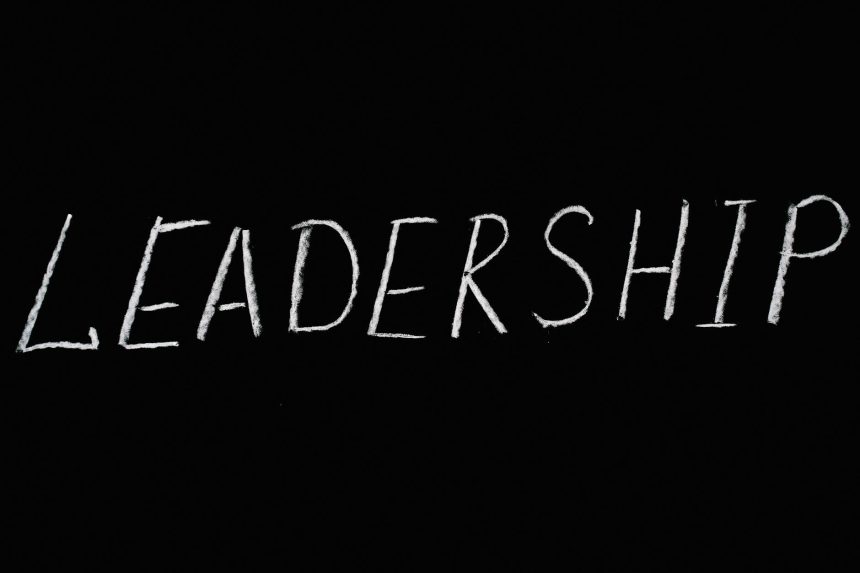preserving-black-historyPreserving Black History: 7 Ways Communities Protect Our Shared Past
The echoes of history shape our present and guide our future. Yet, the question often arises: can historical narratives, particularly those of marginalized communities, be truly erased or diminished? This article delves into the profound significance of Preserving Black History, exploring why it’s not merely an academic exercise but a vital, ongoing act of cultural stewardship and community empowerment.
Why Preserving Black History Matters for All
Black history is not a separate entity; it is an indispensable thread woven into the tapestry of global human experience. Its lessons, triumphs, and struggles illuminate universal themes of resilience, justice, and identity.
The Fabric of National Identity
Understanding the full scope of Black history enriches our collective understanding of national identity. It reveals the foundational contributions, the systemic challenges, and the continuous fight for equality that have shaped societies across the globe. Ignoring or minimizing these stories leaves significant gaps in our comprehension of the world we inhabit.
Lessons from the Past, Guiding the Future
History serves as our greatest teacher. By delving into the narratives of the past, we gain invaluable insights into human nature, societal structures, and the enduring quest for freedom. The experiences documented in Black history provide crucial context for addressing contemporary issues of racial equity, social justice, and human rights.
The Unwavering Spirit of Black History
Despite various attempts throughout history to suppress or distort it, Black history demonstrates an incredible resilience. Its power lies in its deep roots within communities and its transmission through diverse, often informal, channels.
Beyond Official Narratives: Community Voices
Formal institutions often present curated versions of history. However, the true strength of Black history often resides in the grassroots – in family stories, local traditions, and the collective memory of communities. These authentic voices ensure that the nuances and everyday realities are not lost.
How Black History Endures Against Challenges
The inherent strength of Black history stems from its multifaceted means of transmission. Here are some key ways it continues to thrive:
- Oral Traditions: Stories passed down through generations keep memories alive, connecting the past directly to the present.
- Art and Literature: Creative expressions, from spirituals to contemporary novels, serve as powerful vessels for historical narratives and cultural identity.
- Community Archives: Local churches, cultural centers, and family collections often hold invaluable documents, photographs, and artifacts.
- Academic Scholarship: Dedicated historians and researchers continuously unearth, analyze, and disseminate critical information.
- Digital Preservation: Online databases, virtual museums, and digital storytelling platforms make history more accessible than ever before.
- Public Commemorations: Holidays, monuments, and historical markers ensure that significant events and figures are remembered and honored.
- Activism and Advocacy: Ongoing efforts to teach, protect, and celebrate Black history ensure its continued prominence in public discourse.
Practical Steps for Preserving Black History Today
Every individual and community has a role to play in safeguarding this essential legacy. Active engagement is key to its continued vibrancy.
Supporting Educational Initiatives
One of the most impactful ways to contribute is by supporting educational institutions and programs that prioritize comprehensive historical instruction. This includes advocating for inclusive curricula and donating to organizations dedicated to historical preservation. For instance, institutions like the National Museum of African American History and Culture provide vital resources and exhibits.
Documenting Local Narratives
Often, the most personal and compelling stories are found within our own communities. Consider these actions:
- Conducting and archiving oral history interviews with elders.
- Collecting and digitizing family photographs and documents.
- Participating in local historical society projects.
- Organizing community events that celebrate local Black history.
Engaging with Digital Resources
The digital age offers unprecedented opportunities for access and preservation. Explore online archives, virtual exhibitions, and educational platforms. The Library of Congress’s extensive collections on African American history are an excellent starting point for research and learning.
The Indelible Mark: A Call to Action
The power of Black history lies in its inherent truth and its profound impact on human understanding. It cannot be truly canceled or erased because it lives in the memories, traditions, and ongoing experiences of people worldwide. Its preservation is not just about looking backward; it’s about building a more informed, just, and equitable future.
Preserving Black History is a collective responsibility, a continuous journey that enriches us all. By actively engaging with, learning from, and championing these vital narratives, we ensure that the indelible mark of Black history continues to inspire, challenge, and educate for generations to come.
Join us in this vital work of ensuring these powerful stories continue to inspire, educate, and shape a more equitable future for all.
© 2025 thebossmind.com
Discover the critical importance of Preserving Black History and how communities are actively safeguarding this essential cultural legacy against all odds. Learn practical steps to contribute.Community preserving Black history, historical archives, African American heritage celebration, cultural legacy documentationFeatured image provided by Pexels — photo by Anna Tarazevich






